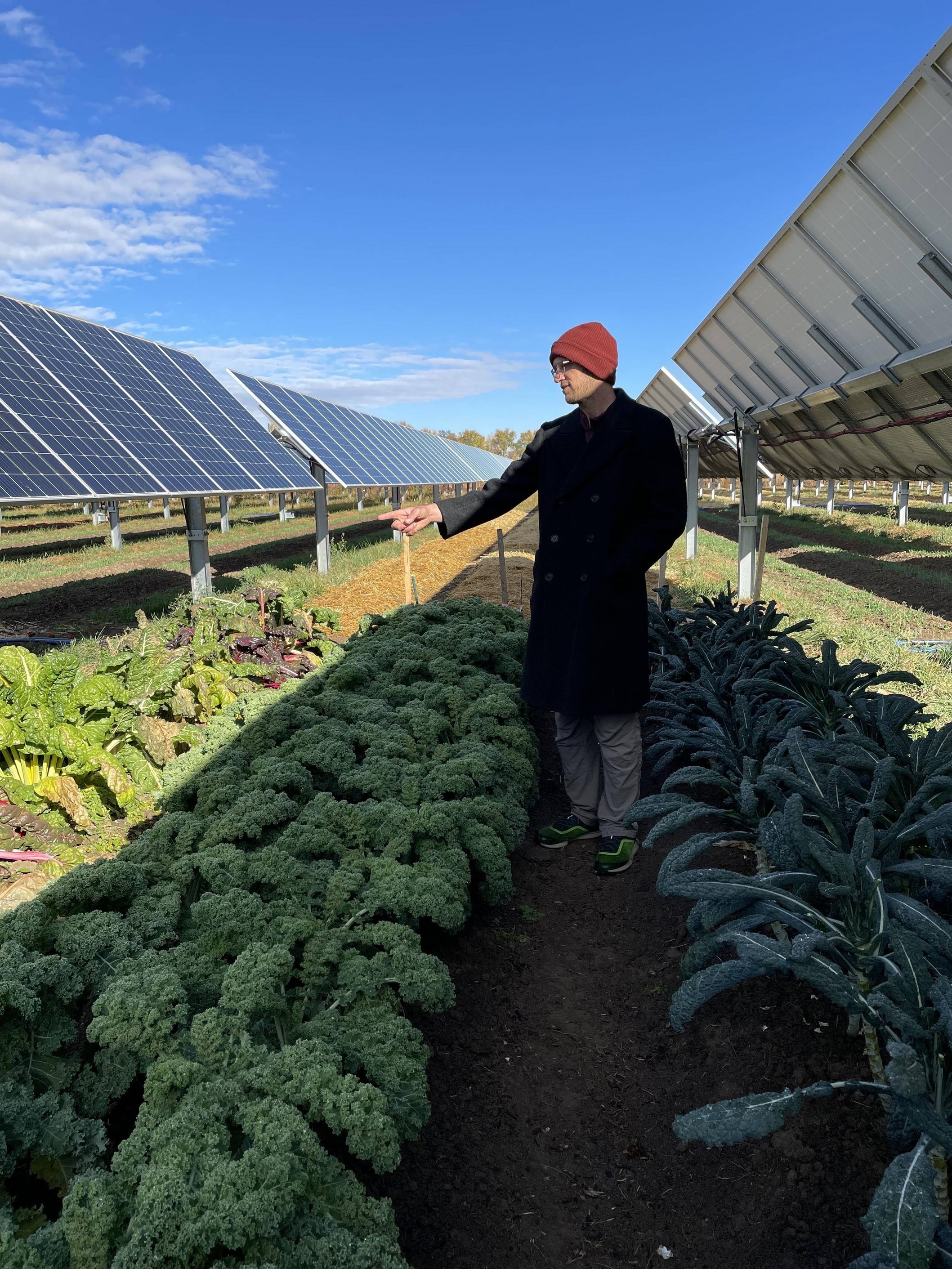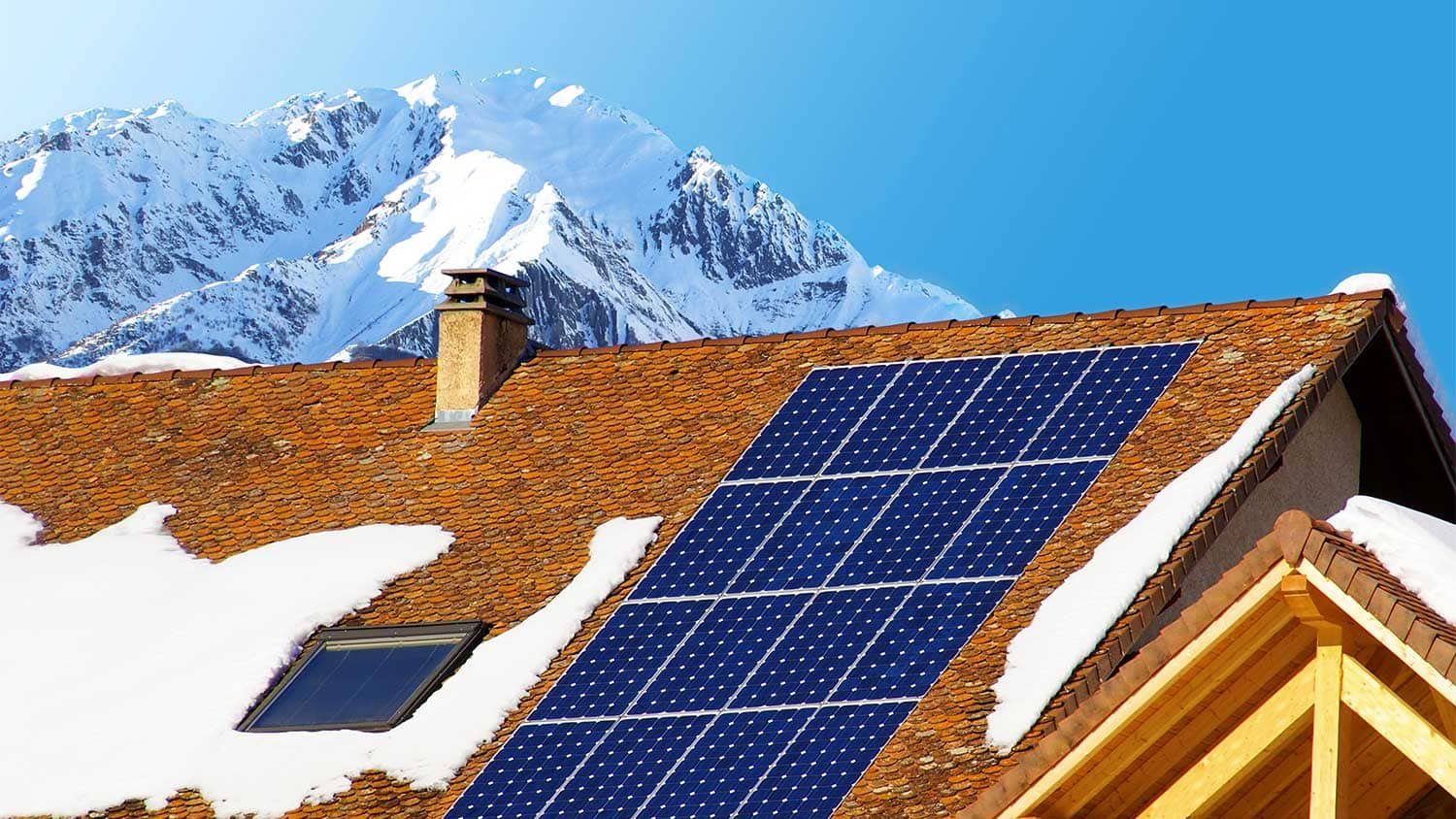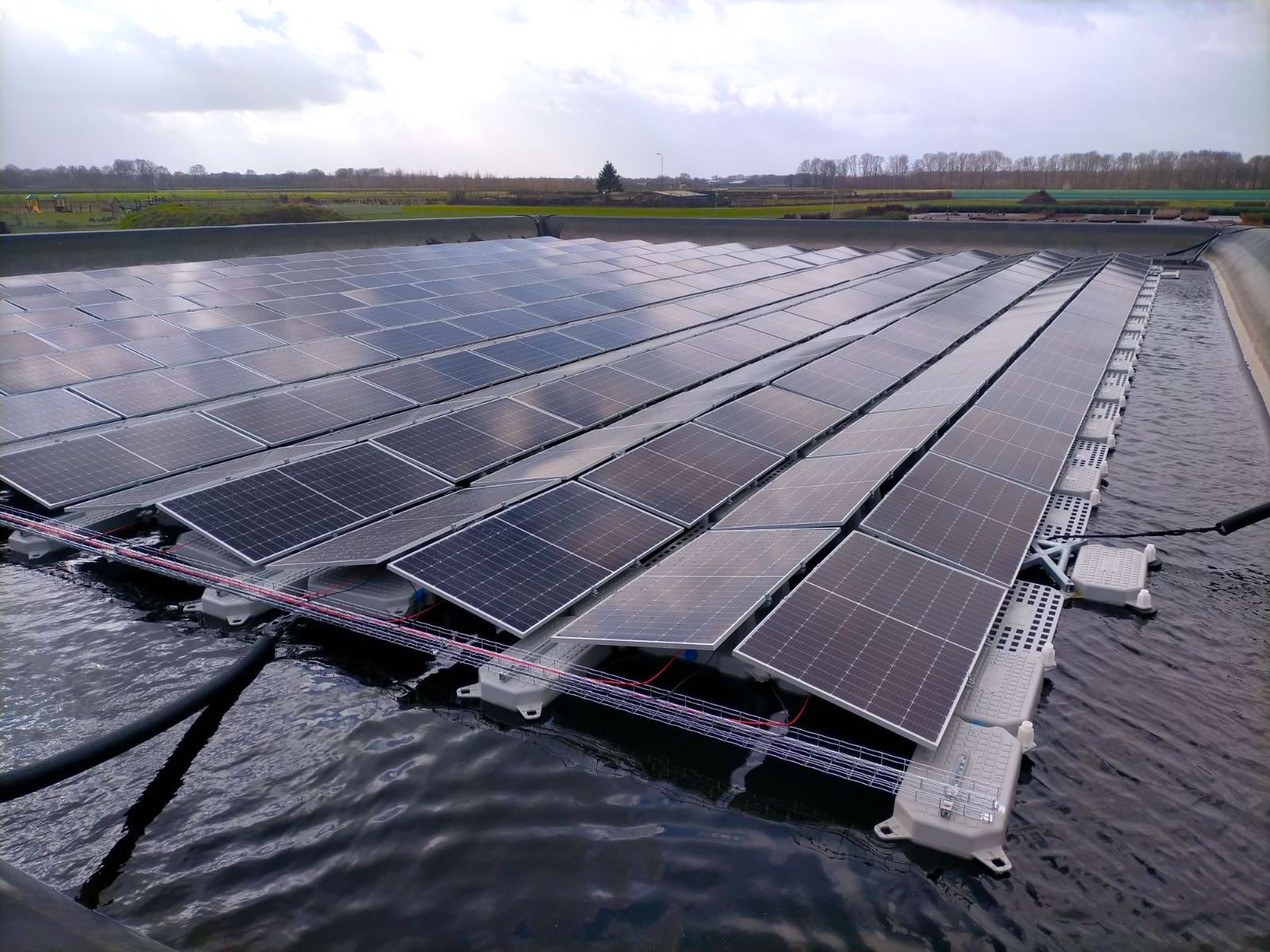
Solar panels capture the sun's energy, and then convert it to electricity. While they do their job, solar panels also produce heat which can decrease their efficiency. How can you tell if your panel is heat resistant? This is best done by consulting the manufacturer's data sheets.
Solar panels absorb sunlight
Solar panels are able to harvest sunlight and heat energy. The photovoltaic process converts light into electricity. High temperatures can slow down the process, even though panels can be extremely efficient. It is crucial to take into account your climate when installing solar panel.
They convert it to electric power
The sun's energy is converted into electricity by a solar panel. This energy can be used to heat water or power devices. Additionally, you can store the solar energy in a storage container and use it later.

They produce heat
When solar panels receive sunlight, they generate heat. They are made up of silicon photovoltaic cells, and protected by a glass and metal frame. Solar panels are a great solution for hot climates because they produce heat comparable to a hot car window.
They decrease efficiency
Too hot solar panels can cause them to lose efficiency and voltage. High temperatures can cause solar panels to lose up to 25% of their efficiency, according to studies. CED Greentech is a major supplier of solar panels equipment in the U.S. and says that too much heat will also affect their durability.
They can make your home hot
Solar panels are a great option for your home. However, they can create heat. You can still keep the panels cool and efficient, despite the fact that they will produce heat. A thermally conductive substrate can help to vent heat from the panels.
They can reduce your electricity output
It is important to understand the effects of high temperatures on solar panels. This is especially true during summer, when air conditioning systems are using a lot of power, particularly at noon. Also, solar panels will lose more power if they are blocked by snow or other ice.

They can cool your house
It can be difficult to keep your home cool when it's hot outside, but solar panels can help you beat the heat with their high-efficiency cooling systems. Solar panels require less power than conventional central air conditioners, and will help you reduce your energy bills.